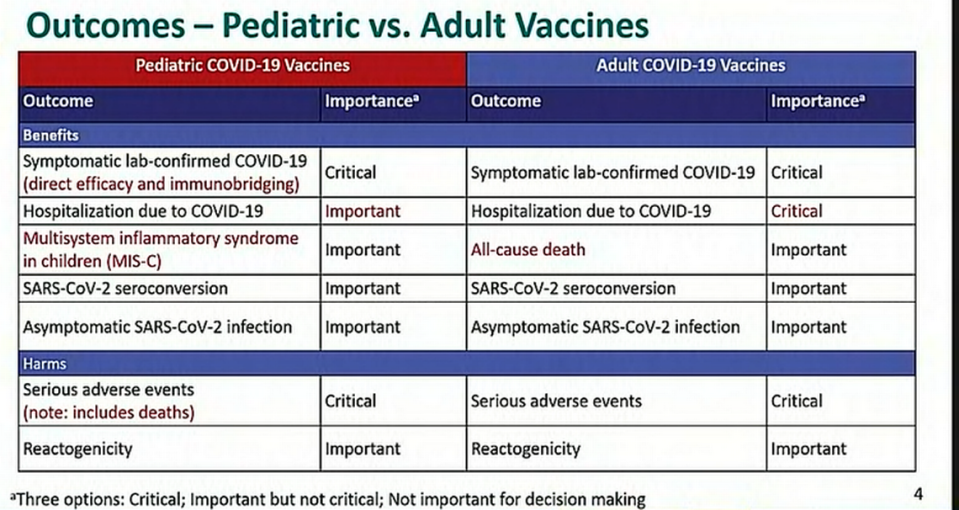CDC panel recommends Pfizer COVID vaccine for kids aged 12-15. Here’s what that means
A federal advisory committee on Wednesday recommended the Pfizer-BioNTech coronavirus vaccine for children ages 12-15 after reviewing clinical trial data that shows the shot is safe and effective in adolescents.
Now, the only step left before states have the formal green light to open up vaccinations to millions of teens as early as Thursday is approval from Centers for Disease Control and Prevention Director Dr. Rochelle Walensky, which officials expect will come soon, several news outlets reported.
Some states, however, have already started vaccinating children between 12 and 15 years old with the Pfizer COVID-19 vaccine following the U.S. Food and Drug Administration’s emergency use authorization of the shot on Monday.
The decision from the CDC panel, which comprises medical and public health experts, “is very important because that vote issues the recommendation for use that clinicians go to in order to start giving the vaccine. At that point, it becomes a recommended standard of care,” L.J. Tan, chief strategy officer of the Immunization Action Coalition, told USA Today.
Like adults, kids will be given the same amount of vaccine in two doses, three weeks apart.
For that reason, shots can be administered to the age group at all locations currently delivering them, but some states may place limits on where minors can get vaccinated, Dr. Peter Marks, director of the FDA’s Center for Biologics Evaluation and Research, said in a Monday news conference.

The Pfizer vaccine has been authorized for people aged 16 and older since December.
More than 117.6 million Americans are fully vaccinated against COVID-19, about 35% of the population, as of May 12, according to a CDC tracker.
How well does the Pfizer COVID-9 vaccine protect children?
Pfizer announced in March that its vaccine reduced risk of coronavirus infection in children 12-15 years old by 100%, meaning no vaccinated kids were infected during the late stage trial. It’s a stunning boost in protection against COVID-19 compared to people between 16 and 25 who benefit from a 95% reduction in infection risks after receiving their final of two doses.
But 100% efficacy during clinical trials doesn’t guarantee that the same level of protection will be seen in the general population, which includes millions of kids, not thousands.
Side effects in children such as arm pain, fatigue, headache and joint pain were comparable to those in adults. No serious allergic reactions were reported among the kids in the study.
The trial included 2,260 children between 12 and 15 years old in the U.S. with or without histories of past coronavirus infections. Among the kids who received a placebo shot, 18 developed COVID-19, while none who got the vaccine developed the disease.
The company did not mention how well its vaccine worked against the more contagious coronavirus variants, but the variants have been spreading during the late stage trial period.
Side effects were similar to those experienced in adults and included injection site pain (84%), fatigue (63%), headache (55%), muscle pain (38%), chills (32%), joint pain (24%), fever (14%), injection site swelling (10.5%) and nausea (1%).
Will kids get the same Pfizer COVID vaccine dose as adults? Here’s what to know
Will Pfizer COVID vaccine need a third dose? Company CEO explains why that’s ‘likely’
If you’ve had COVID, your first vaccine dose may cause worse side effects. Here’s why

